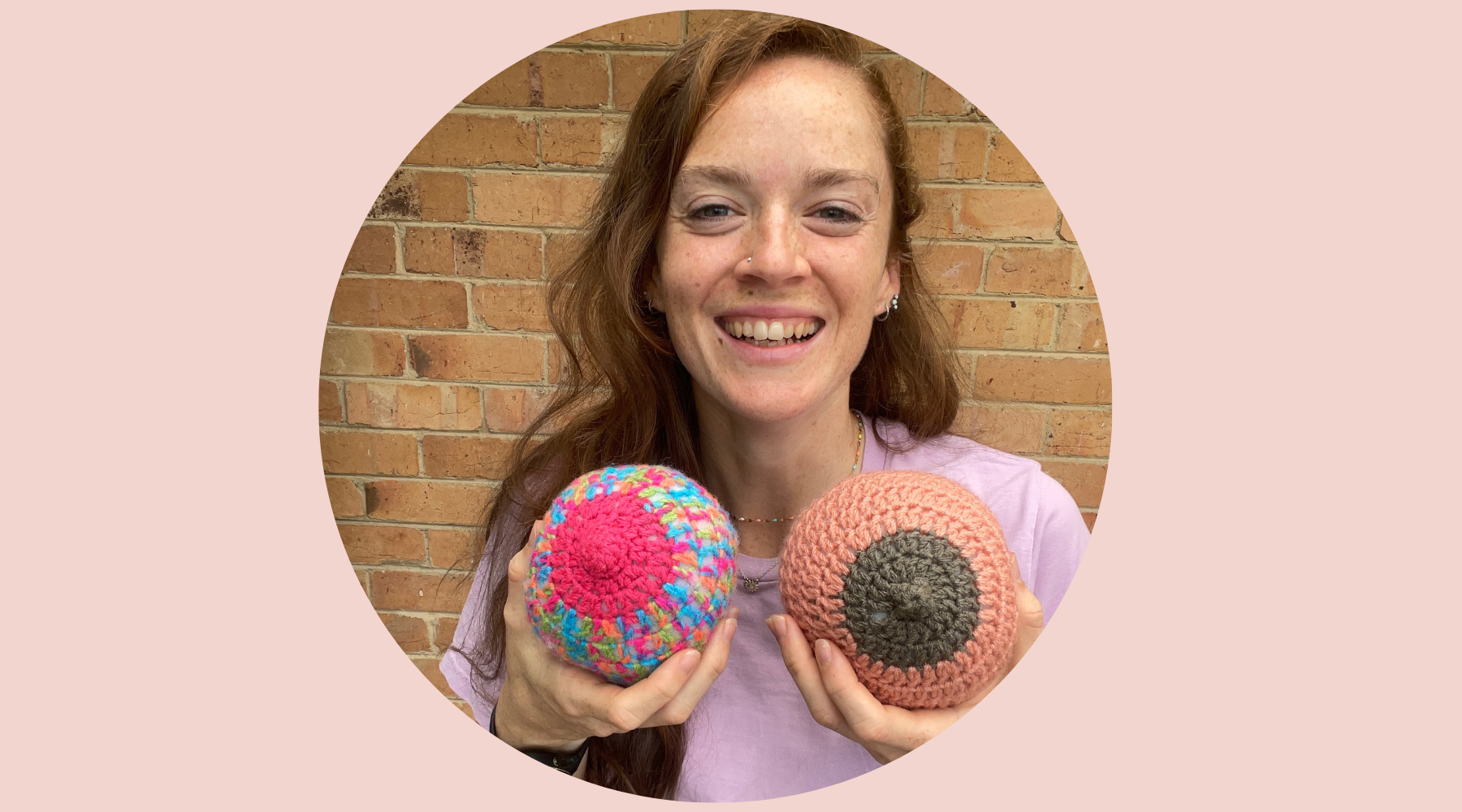Pregnancy is often celebrated for the visible changes it brings—a growing belly, the glow, and a shift in energy as a woman nurtures new life. But beneath these physical transformations, an even more profound shift occurs: a sweeping reorganisation of the brain. Recent research published in Nature Neuroscience reveals that pregnancy triggers remarkable neurological changes, offering new insights into the underexplored cognitive adaptations women undergo as they prepare for motherhood.
This study deepens our understanding of the brain’s role in pregnancy and highlights a long-overdue conversation about how women’s health has often been misunderstood and undervalued in research. For decades, the focus on women’s health—especially around pregnancy—has largely been on hormonal shifts and weight gain, with little attention paid to the neurological or emotional changes. However, this research shows that pregnancy is a whole-body transformation, reshaping both mind and body in ways that we are only beginning to appreciate.
How pregnancy rewires the brain
Neuroscientists conducting this study used advanced brain imaging techniques to reveal significant structural changes in areas of the brain associated with social cognition, emotional regulation, and caregiving behaviours. Specifically, the researchers identified changes in the grey matter of regions like the prefrontal cortex and temporal lobe, both essential for processing emotions and empathy. These shifts, they hypothesise, are critical for preparing a mother for the heightened social and emotional demands of caring for a newborn.
One of the most striking findings is the brain’s ability to reorganise itself without sacrificing cognitive function. The common myth of "pregnancy brain" or "baby brain"—the idea that women become forgetful or mentally sluggish during pregnancy—is debunked by this research. Instead, the brain refines its focus, becoming more specialised in areas that help mothers better nurture and respond to their infants.
This reorganisation is also believed to enhance a mother’s ability to recognise and respond to her baby’s needs, creating heightened sensitivity to social cues, facial expressions, and emotional states. The researchers note that this transformation might persist long after pregnancy, with some changes lasting for years, reflecting the enduring demands of parenting.
What further research is being done?
While this recent study offers new insights into the neurological changes of pregnancy, it also raises important questions. Researchers have called for further exploration into how these brain changes affect postpartum experiences, maternal mental health, and long-term cognitive function. Additionally, there is growing interest in studying how different factors—such as stress, nutrition, and sleep—might influence the extent of brain reorganisation during pregnancy.
Ongoing research aims to better understand how brain reorganisation contributes to maternal behaviours and how it interacts with mental health challenges such as postpartum depression and anxiety. As maternal mental health becomes an increasingly recognised issue, these studies could help identify biomarkers or early signs of these conditions, potentially leading to more effective interventions.
Moreover, researchers are keen to explore whether this brain reorganisation varies across pregnancies or if factors like age or pre-existing mental health conditions affect the degree of neurological change. These questions are critical as we strive to better understand the unique challenges and experiences of each pregnancy, ultimately improving the support available to women during this transformative time.
The power of a woman’s body: Underappreciated and extraordinary
This study reinforces what many women have intuitively known but have rarely been acknowledged for: pregnancy isn’t just a process where the body "makes room" for a baby—it is a complete transformation, with the brain orchestrating a symphony of physical, emotional, and cognitive changes that support motherhood. The idea that a woman’s brain becomes more focused and specialised during pregnancy challenges outdated stereotypes and reminds us just how powerful the female body truly is.
It’s time that science—and society—finally catches up with this truth. Women’s health is complex, and we are only just beginning to understand the intricacies of how pregnancy transforms both body and mind. As further research is conducted, these discoveries not only have the potential to empower women but also to lead to improved healthcare that fully acknowledges and supports the unique experiences of pregnancy and motherhood.
The more we learn about these changes, the clearer it becomes that women’s bodies and brains are deserving of greater recognition, respect, and investment. This isn’t just about better understanding pregnancy—it’s about better understanding women. And in doing so, we take a vital step towards a future where women’s health receives the attention and care it has always deserved.
Photograph: Daniela Cossio






